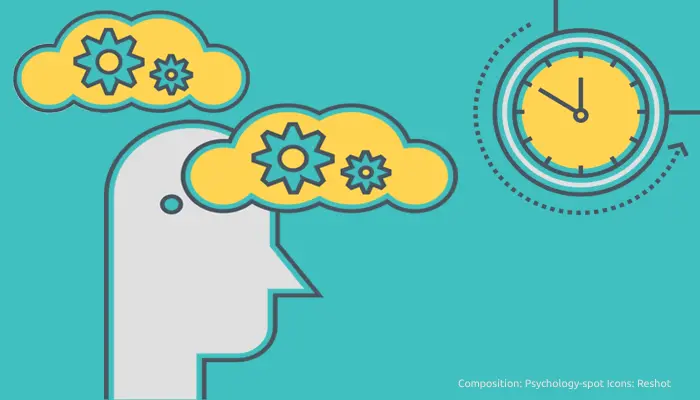
Almost all of us procrastinate at some point in our lives. But… how widespread is this habit? Piers Steel, an economist at the University of Calgary, says that between 15 and 20% of people consciously procrastinate. According to this researcher, students would be the masters of procrastination since almost 95% of them postpone schoolwork.
Obviously, if procrastination becomes a habit, it ends up affecting our quality of life and study or work results. In fact, it is claimed that procrastination can be very costly, so much so that it is estimated that 40% of people may have experienced a financial loss as a result of procrastination.
The cost of procrastination in your life
In a study conducted by researchers at the University of Oregon, it was found that procrastination has very negative effects on health. On this occasion, more than 19,800 people who had high cholesterol levels were analyzed and surprisingly, 35% of them postponed the consultation with the specialist for at least five months.
More recent research, developed in 2006, showed how people who tended to procrastinate had higher levels of stress and more health problems. This may be because the expectation of the situation is usually more negative than the experience of the situation itself.
In short, the cost of procrastination is so high that it is simply not a viable alternative, especially if we take into account that procrastination not only refers to the delay of the most critical tasks, but can also be understood as a failure in organizing activities in such a way that we are incapable of ranking them according to their importance and urgency. In summary, procrastination goes far beyond postponement to deepen its roots in the impossibility of prioritizing.
Obviously, the further away a delivery date is in time, the more likely we will be to procrastinate. This could be related to the fact that the closer we perceive a reward, the more motivated we will be to finish an activity. In this sense, neuroscientist Barry Richmond considers that procrastination has a neurological basis. According to his theory, everything would be related to dopamine levels and the receptors for this substance.
Perhaps procrastination has a much simpler explanation that is based on the feelings of displeasure that assail us when we have to face a task that is not pleasant to us. Then we simply take a step back and choose to put off the task, perhaps secretly hoping that we will never have to face it.
References:
Steel, P. (2007) The Nature of Procrastination: A Meta-analytic and Theoretical Review of Quintessential Self-Regulatory Failure. Psychological Bulletin ; 133(1): 65–94.
Sirois, FM (2004) Procrastination and intentions to perform health behaviors: The role of self-efficacy and the consideration of future consequences. Personality and Individual Differences ; 37(1): 115-128.



